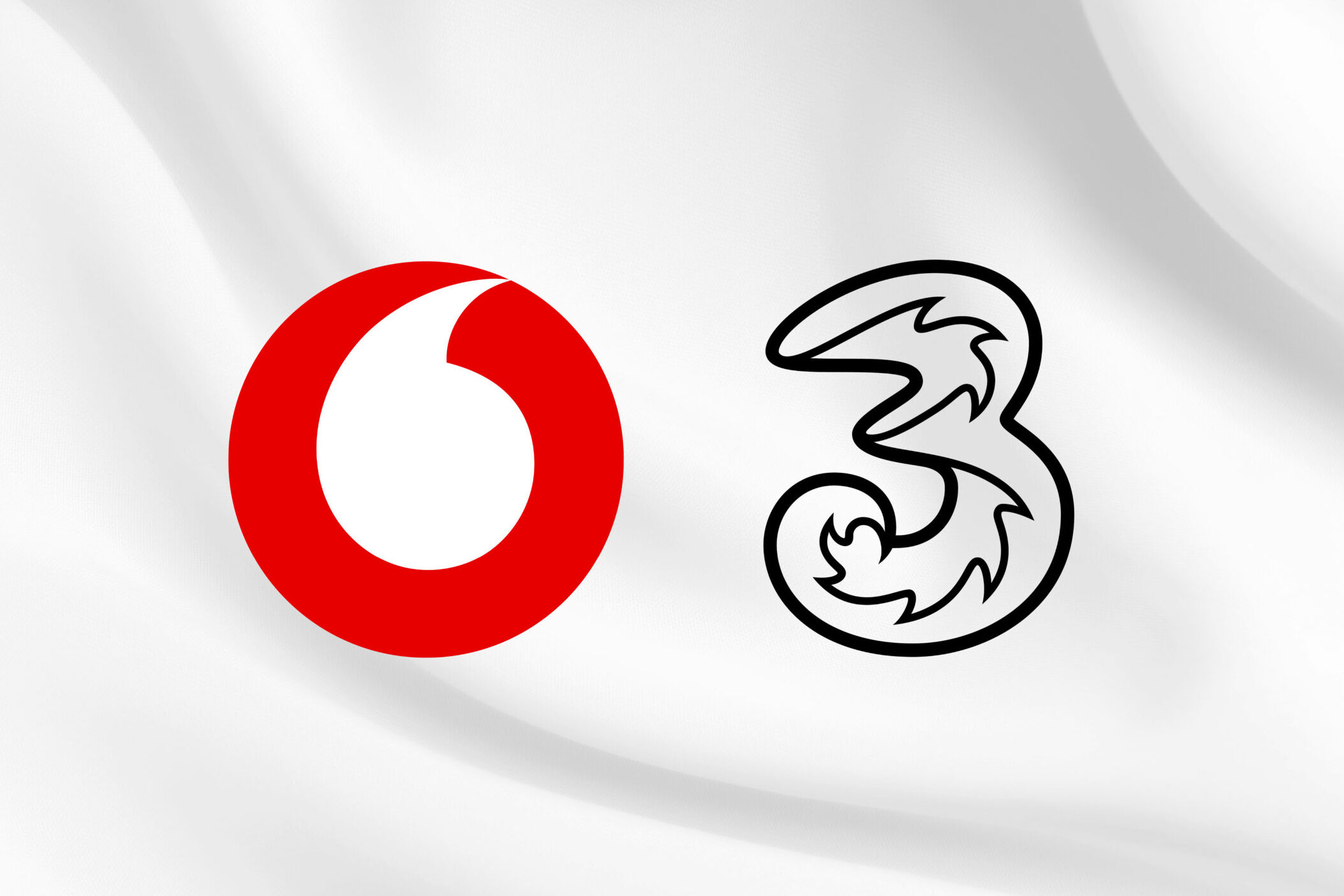Vodafone UK acknowledges today’s announcement of the Competition and Markets Authority’s (CMA) provisional findings on the proposed merger with Three UK.
This was an expected next step in the merger process and includes a Notice of Possible Remedies.
While Vodafone UK disagrees with a number of elements in today’s provisional findings, the companies will continue to positively engage with the CMA to resolve outstanding matters ahead of the final report on 7 December 2024.
This decision on the merger poses ramifications for both economic growth and the Government’s 5G strategy, as it represents a once-in-a-generation opportunity to transform UK digital infrastructure.
5G-powered public buildings could save £580 million of taxpayer money a year and save energy for cash-strapped councils
5G-connected technologies in public buildings could help councils slash their energy bills, saving taxpayer cash and reducing their carbon emissions.
Network investment
If approved, the merger will create a third mobile network operator (MNO) with the scale required to compete with the UK’s two leading converged operators.
In turn, improving infrastructure through an £11 billion investment into a 5G Standalone (5G SA) network that would reach more than 99% of the UK’s population by 2034. A commitment that the two parties are willing to be monitored independently and enforced by Ofcom.
As a result, the merger can deliver £158 billion in productivity benefits for the UK*, including 5G in every community, school and hospital in the country by the end of this decade.
Telecoms investment needed to support UK’s long-term prosperity, says new report
Infrastructure investment must not slow down if the UK wants to continue fighting inequality and avoid falling further behind other countries. That’s according to a new report by respected analysts, CCS Insight.
Pricing
What’s more, the merger will not affect prices, while social tariffs will remain in place and vulnerable customers will continue to be protected.
Importantly, the investment case underpinning the merger is not based on hypothetical price increases, and the CMA’s price rise assumptions are contrary to the business and investment plans Vodafone UK and Three UK have signed up to for the merged company.
MVNOs (Mobile Virtual Network Operators)
Despite CMA concerns, a combined, stronger network would also boost competition in the wholesale market.
By creating a third network that has the scale required to compete with the UK’s two leading converged operators, the merger would offer greater choice to Mobile Virtual Network Operators (MVNOs), which has been the fastest growing segment of the UK’s mobile industry over the last few years.
UK SMEs missing out on £8.6bn a year due to slow roll-out of 5G Standalone, new Vodafone report finds
While the UK is undoubtedly one of the best places to start a new business, it risks being outpaced by European rivals that are investing in reliable, superfast 5G connectivity at a faster rate.
Ahmed Essam, Executive Chairman Vodafone Germany and CEO European Markets, told the Financial Times that, although the company strongly disagrees with the fact that customers will pay more, he is encouraged by the recognition from the CMA that the country needs a better quality network, which the £11bn investment will bring.
Vodafone UK remains confident that, should it go through, the merger will deliver significant benefits for competition, customers and the country.
The two companies will now review the Notice of Possible Remedies, ahead of working constructively with the CMA on the different options proposed.
Stay up to date with the latest news from Vodafone by following us on LinkedIn and Twitter/X, as well as signing up for News Centre website notifications.
* WPI Economics, June 2020.

